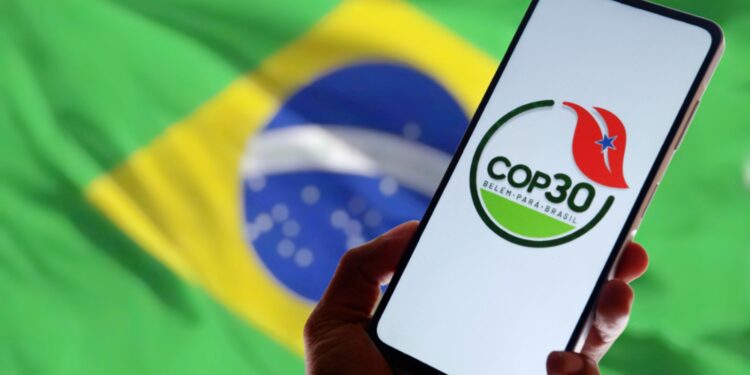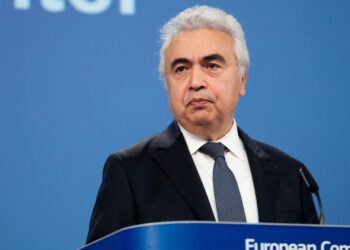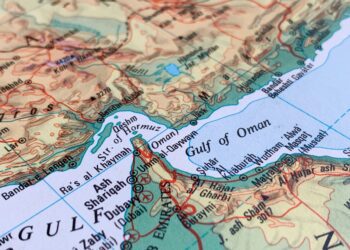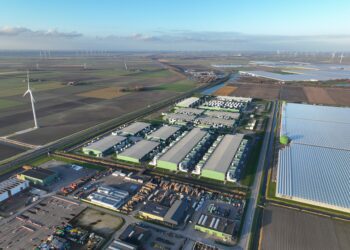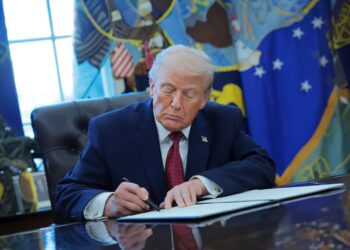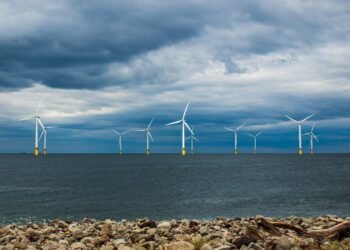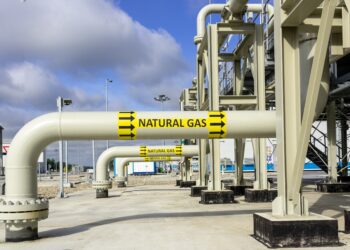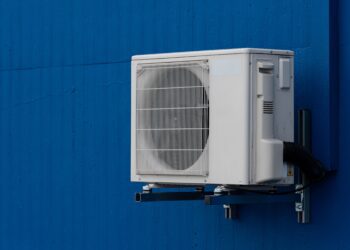Countries looking to boost their national security through rearmament or increased defence spending must also bolster their climate efforts or face more wars in the future, one of the leaders of the next UN climate summit has warned.
Some countries could decide to include climate spending in their defence budgets, suggested Ana Toni, Brazil’s chief executive of the Cop30 summit.
“Climate change is an accelerator of inequalities and poverty, and we know that the consequences of inequality and poverty can turn into wars in the future,” she said. “The fight against climate change needs to be seen as something that’s not divorced from the big security issue of humanity.”
Toni is one of the top Brazilian officials coordinating the Cop30 conference, scheduled to take place this year in Belém, a rainforest city at the mouth of the Amazon. All countries will be expected to submit stringent national plans to cut greenhouse gas emissions, but preparations have been overshadowed by the complex geopolitical situation.
Countries must not make a choice between defence and climate, Toni told the Guardian in an interview in London, but must understand that reducing efforts to combat the climate crisis would have an impact on their future security.
“Wars come and go. Unfortunately, climate change is there for a long time. We need to take climate change very seriously, otherwise we will have even more wars in the future. So that trade-off between short-term defence needs now, versus the long-term need to prevent this bigger fight on climate change, is absolutely needed.
The UK has taken an opposing tack, slashing overseas aid and threatening to cut the budget for Great British Energy, the national renewable energy champion, in order to pay for increased defence spending while staying within the “fiscal rules” self-imposed by Rachel Reeves, the chancellor.
Toni, an economist by training who has previously worked in civil society roles, spoke out against the UK’s move, which many experts have warned could reduce developing countries’ capacity to tackle the climate crisis.
“Obviously, it’s not a good signal,” she said. “We need to understand that signal, and what type of consequences those signals have.”
Read the article by Fiona Harvey / The Guardian

